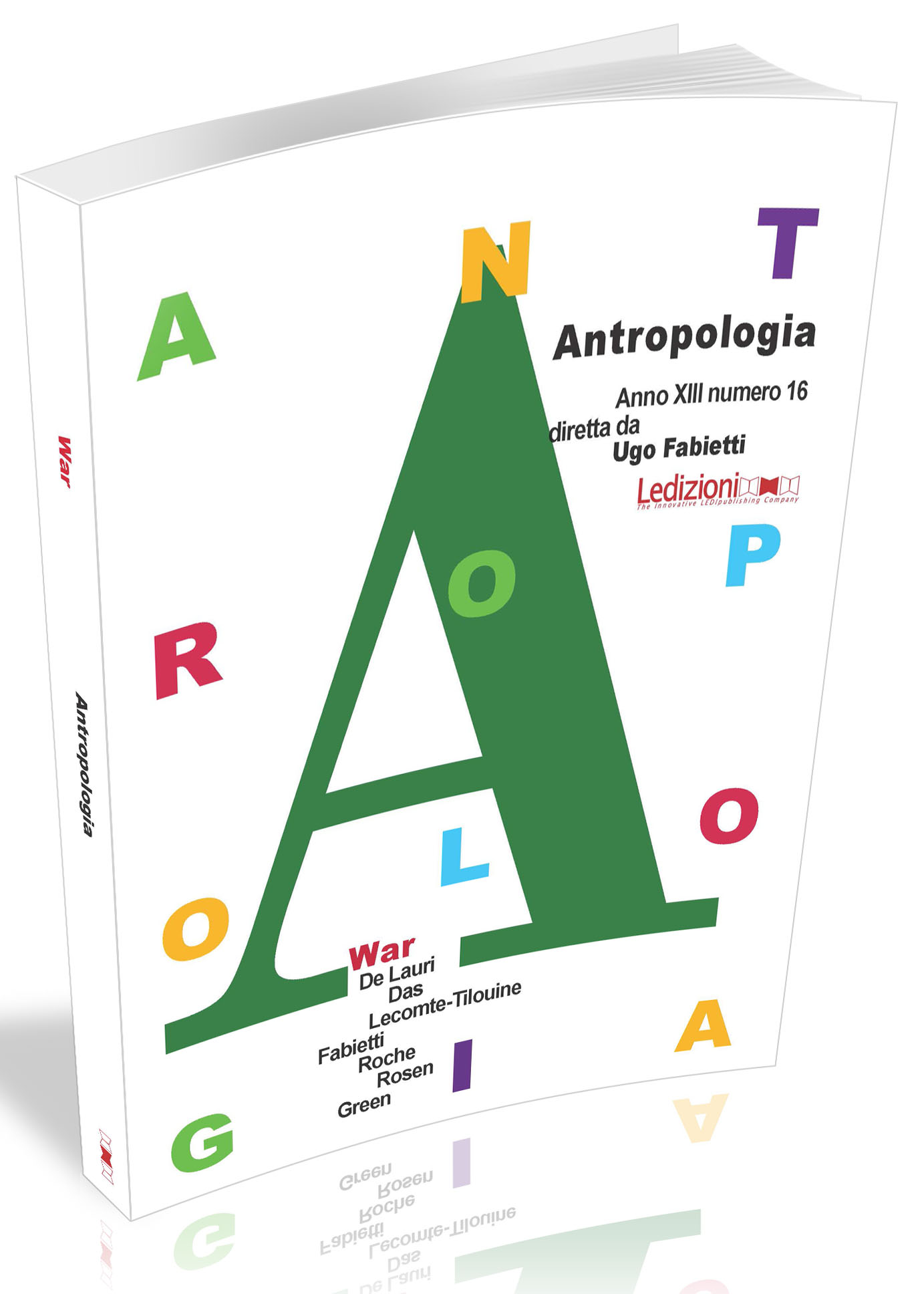While wars are to some extent governed by economic, political and geo-political interests, there are other aspects of war that interest anthropology more closely, such as mechanisms of stigmatisation of the ‘other,’ attempts to legitimise conflict using government propaganda, the social effects of conflict, the militarisation of humanitarian interventions, the use of collective memory in order to justify recourse to military force, the mechanisms of post-conflict reconciliation, everyday perceptions and descriptions of war, thjustification of violence, the intertwining of religious/cultural and political/ social dynamics, the meanings of living and dying, to name but a few. Contemporary ethnography is often faced by logics of dominion and tyranny as well as by the suffering and social implications produced by war. Far from considering war as a fact in itself, an isolated event, anthropologists have traditionally tried to analyse it in relation to historical, political and economic contexts as well as to the cultural and social systems that confer it with both macro- and microsociological relevance.
This volume gathers the work of anthropologists committed (within different perspectives) to the study of war – and war-related phenomena – in terms of its discursive construction, implications, and cultural and social prerequisites.
Versione Online su LediJournals
DATI BIBLIOGRAFICI
Autore: De Lauri Antonio (a cura di)
Editore: Ledizioni
Collana: Antropologia, rivista semestrale
Formato: Brossura
Pubblicato in: Dicembre 2013
ISBN: 9788867051298 (cartaceo)
Prezzo cartaceo: 22,00 €










Reviews
There are no reviews yet.